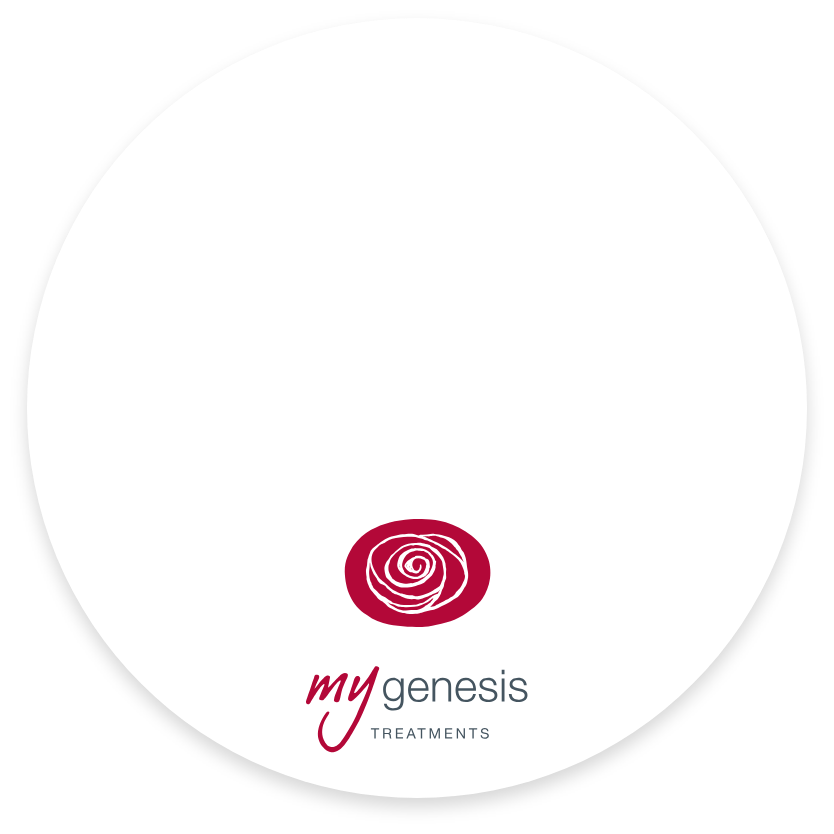
What were the most recent subjects about?
At the end of 2023, I finished my last two subjects for the year which were my Dermal Skills 2 and Dermal Clinic 2.
In all the skills units we learn a range of new dermal science, therapy skills and techniques. These all involve a client skin assessment, determining parameters of skin health, and developing and performing a range of techniques to manage skin conditions safely and effectively. In Dermal Skills 2 we focused more on Oedema and Adipose skin conditions, Chronic Venous Disease, and Scarring, learning how to identify, assess, manage, and treat these conditions.
Clinical placement is required to be completed after each skills unit we do to help maintain the skills we have just learned and to see real life conditions/concerns from clients that we may be able to treat in the clinic setting. During each placement, we assess and treat patients for a broad range of skin conditions. This placement can help to consolidate theory and practice to demonstrate competencies for clinical practice.
What did you enjoy learning the most?
In Dermal Skills 2, I enjoyed learning how to assess and manage scars. Scars are something that I commonly see working in clinic now and clients are always interested to see if there is anything we can do to help treat them. I found it enjoyable to learn the several types of scars and why these may form depending on what type of injury the person may have experienced and how their skin type heals normally.
What was the hardest thing about these subjects or studying in general?
Being an interstate student, I am required to travel to Melbourne and complete an intensive two weeks of study, practical assessments, and attend clinical placement. The travel and study can be quite overwhelming and intense during these two weeks, so it always feels like the hardest thing to complete.
In Dermal Skills 2, I found the number of things to learn in person for the week quite challenging as every day was a new subject or thing to learn. You had to rely on studying a lot after classes to keep on top of it.
In Dermal Clinic 2, what I found to be challenging was trying to remember everything I had learnt from my previous Dermal Skills 1 and Dermal Clinic 1 units as I still had to perform these in Dermal Clinic 2. It was hard because I had just had an intense week for the Dermal Skills 2 learning certain skills, then the following week I jumped straight into our Clinic 2 to work with clients every day and perform many previous treatments along with the new ones I had just learnt.
What did you learn that was interesting?
In Dermal Skills 2, we learnt about Oedema (swelling) that can happen post-surgery and what is normal and what is not. I found this interesting as working in a Plastic Surgeon’s clinic I have seen this in person before. One technique I found interesting and useful to help reduce the swelling post-surgery was something called Manual Lymphatic Drainage (MLD). By performing this technique, we are gently manipulating and pushing excessive fluid around the affected area. Doing this helps to drain the fluid properly through our lymphatic system, therefore reducing the signs of swelling.
How will these subjects help you as a Dermal Clinician?
The Dermal Skills units help with applying theory and practice together. We get to practice skin assessments and learn when we may need to refer a client to a specialist. We get to apply our techniques to assess parameters for effective treatments and we can learn to apply knowledge of the scientific basis and mechanisms of treatments to practice.
Doing the clinical placement helps to show what will be expected of a Dermal Clinician in a clinical setting. We are shown how to apply all the knowledge we are learning in our theory and skill-based units to help assess the skin, how to demonstrate the skills we have learned, and communicate effectively in both speaking and writing. All these skills are extremely helpful to learn and understand as these are the basics of what a Dermal Clinician needs to start out their career path.
Our qualified team provide a comprehensive range of treatments for complete skin rejuvenation, cosmetic injectables, laser hair removal and non-surgical body sculpting.